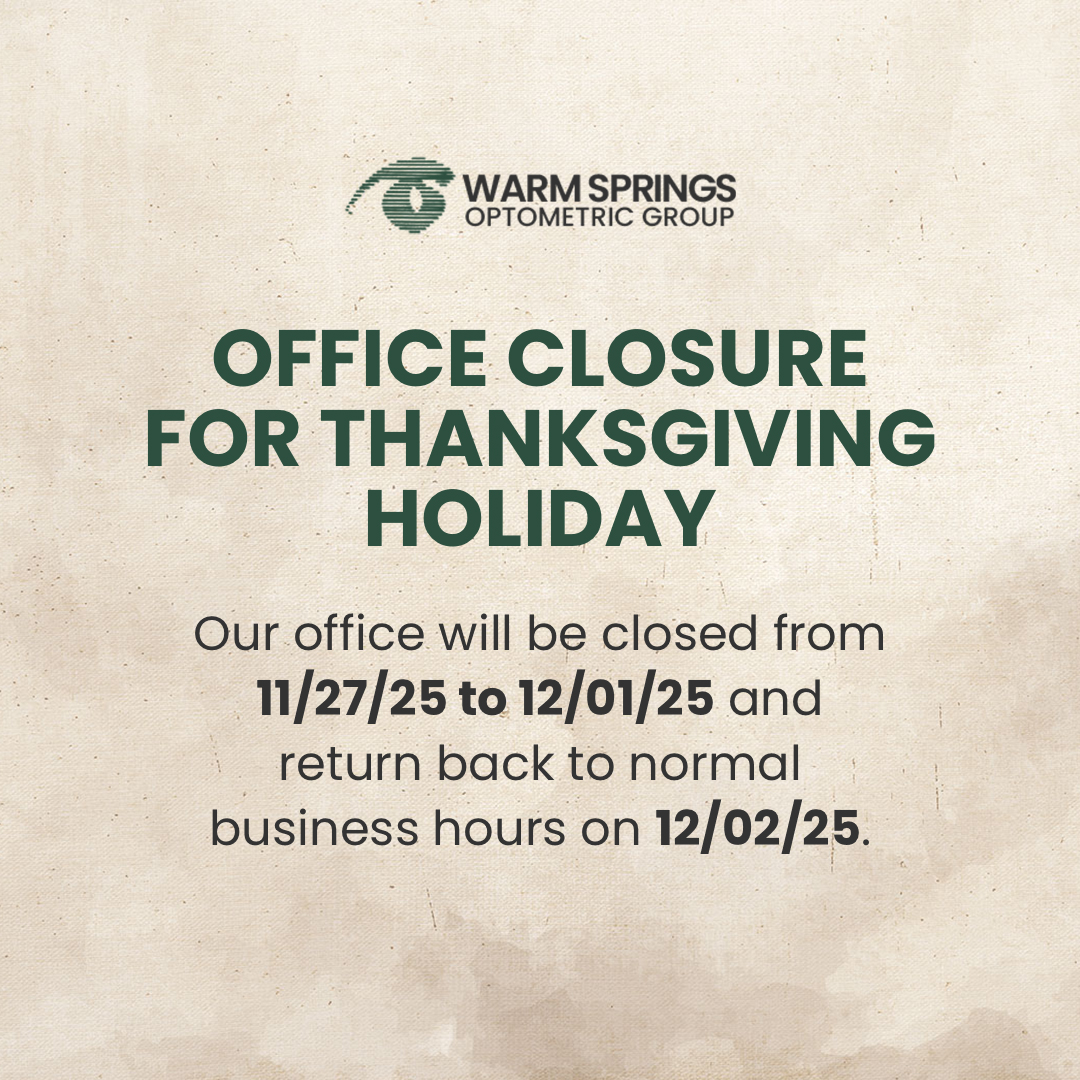More and more children are being diagnosed with myopia or nearsightedness. If your child has recently been diagnosed with myopia, you may be wondering what the best course of action is. This guide will provide you with everything you need to know about myopia management, including when to seek professional help with our team at Warm Springs Optometric Group in Fremont, CA.

Myopia, or nearsightedness, is a refractive error of the eye. This means that the eye does not bend light properly, resulting in blurred vision. Myopia typically begins in childhood and progresses steadily throughout adolescence. People with myopia can see objects close up but have difficulty seeing objects that are far away.
Most people with myopia wear corrective lenses in the form of glasses or contacts to see clearly. However, myopia can also lead to other complications, such as glaucoma, cataracts, and retinal detachment. For this reason, it is important to seek professional help if you notice any changes in your child’s vision.
Diagnosing Myopia
If you suspect your child may be nearsighted, the first step is scheduling an appointment with an optometrist. During the appointment, the eye doctor will perform a comprehensive eye exam which will include checking for visual acuity, pupil dilation, and refractive errors. Depending on the results of the eye exam, your child may be prescribed glasses or contacts.
Myopia Treatment
The most common way to correct myopia is by wearing refractive lenses. However, there are now better options available to manage myopia compared to glasses and standard contact lenses. These include:
- Orthokeratology (ortho-k) or Corneal refractive therapy (CRT): This treatment involves wearing special contact lenses overnight that temporarily reshapes the cornea so that vision is corrected during the day without having to wear glasses or contacts.
- Specialized Soft Multifocal Contact Lens: This treatment involves wearing specially designed soft contact lenses during the day time. These contact lenses are daily disposable and are also a great option to help manage myopia to slow down the progression.
- Low-dose atropine eye drops: Atropine eye drops have been shown to slow down the progression of myopia in children by nearly 60%. This treatment requires insertion of the drops on a daily basis. It can cause mild side effects such as light sensitivity and near vision fuzziness.
Depending on the results of the eye exam, our doctors will suggest the best option for your child's myopia treatment.
Contact Us for Myopia Diagnosis and Treatment in Fremont, CA
If your child has recently been diagnosed with myopia, you may be feeling overwhelmed and unsure of what to do next. If you live in or around Fremont and have questions for our eye doctors about myopia, contact Warm Springs Optometric Group to speak with a member of our staff. Our optometrists provide quality eye care for a variety of eye health issues, including myopia. Call our team today at (510) 490-0287.






